Baukultur in South Tyrol
Baukultur in South Tyrol
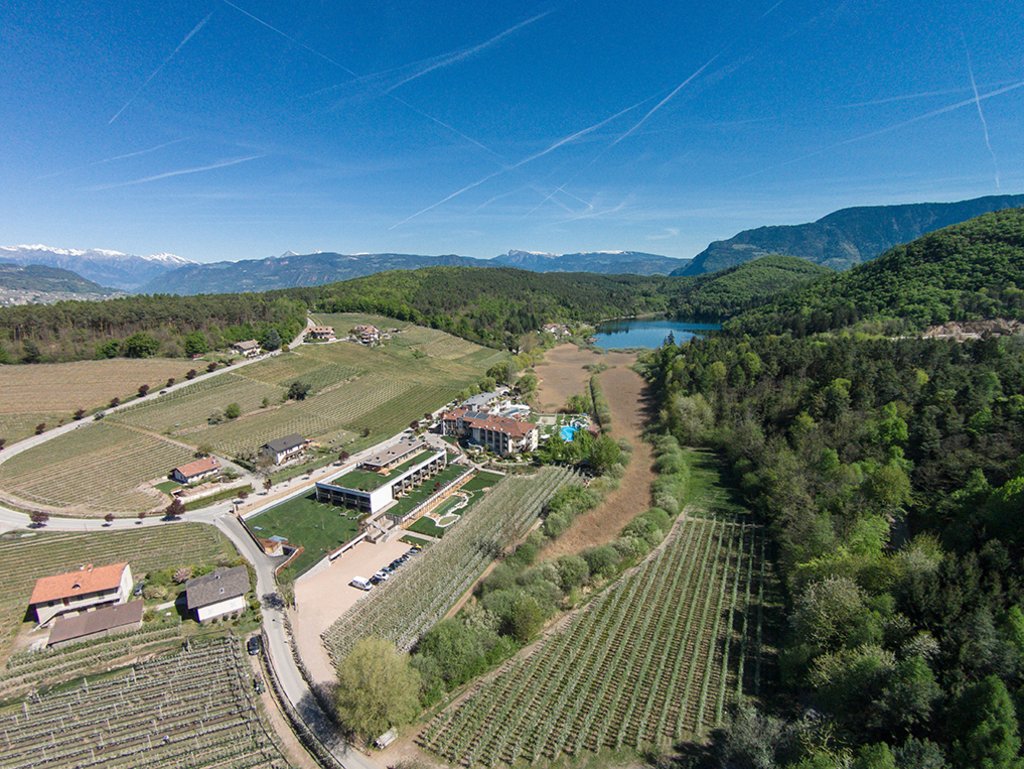
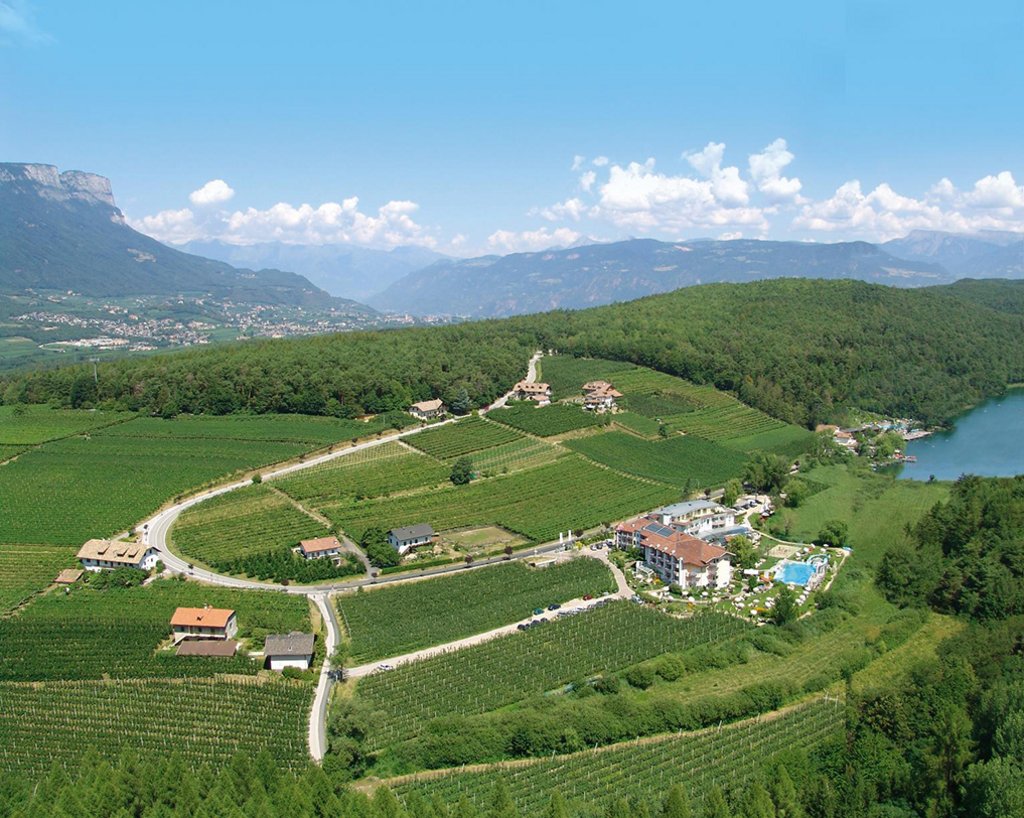
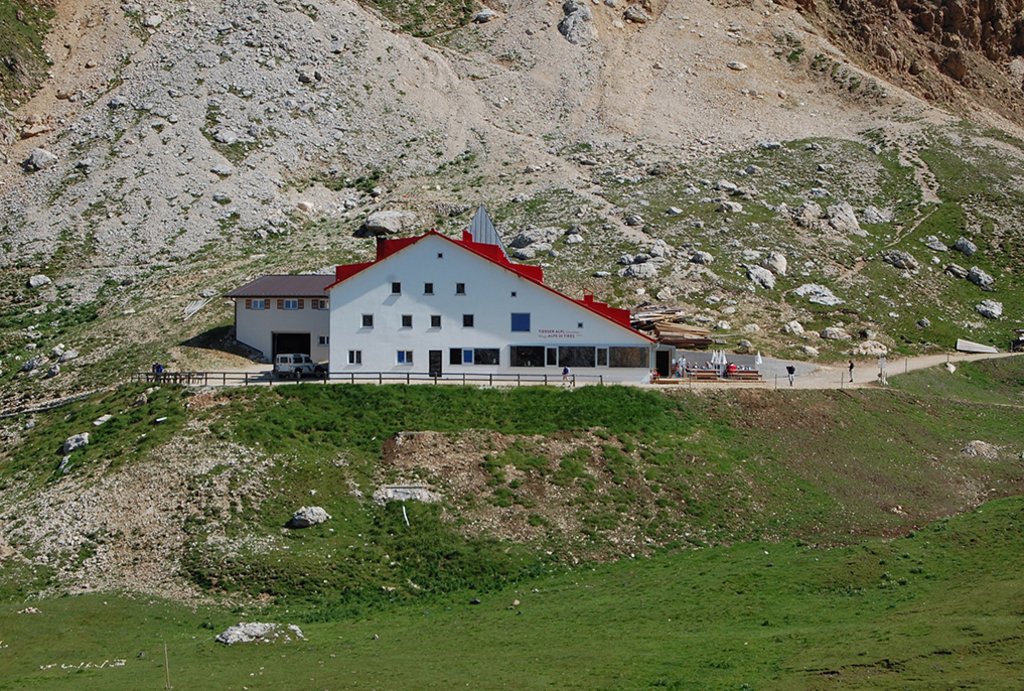
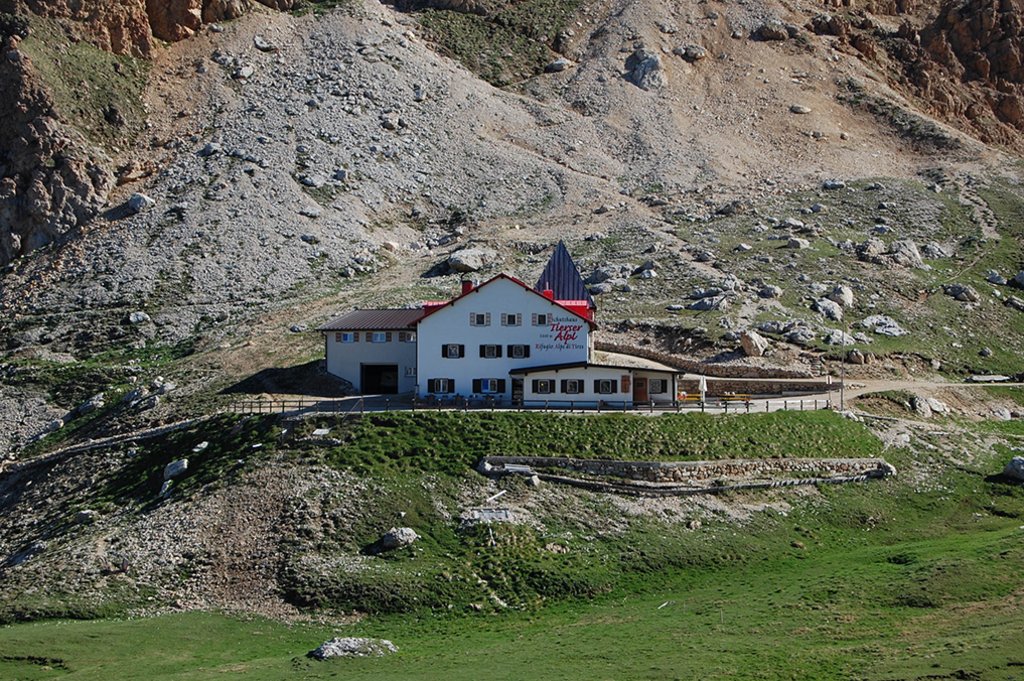
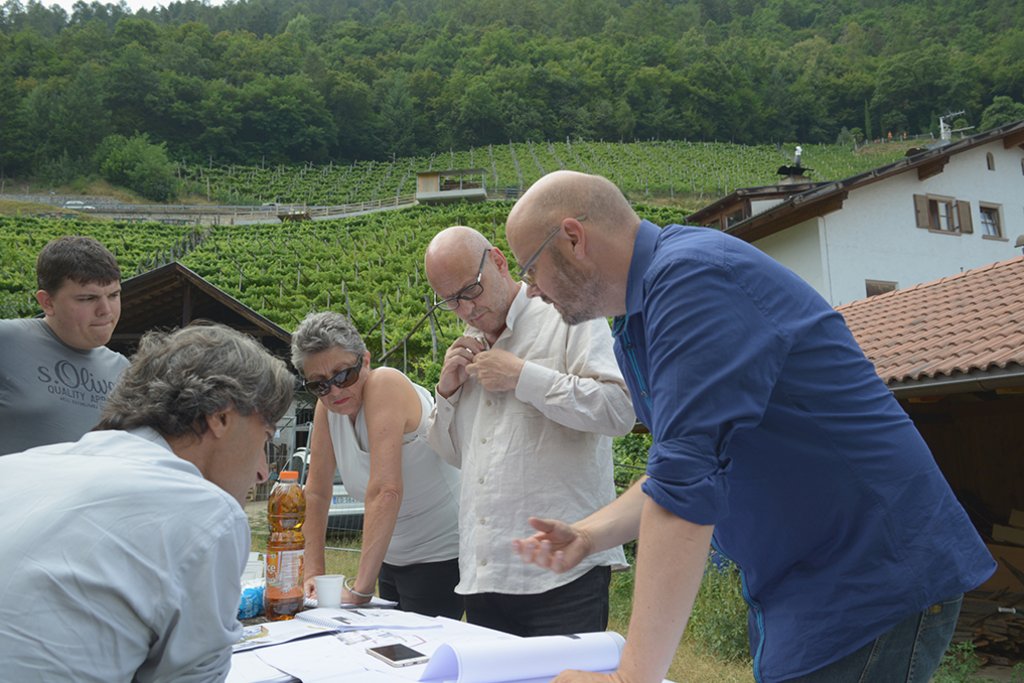 © Nicolò Di Giovanni
© Nicolò Di Giovanni
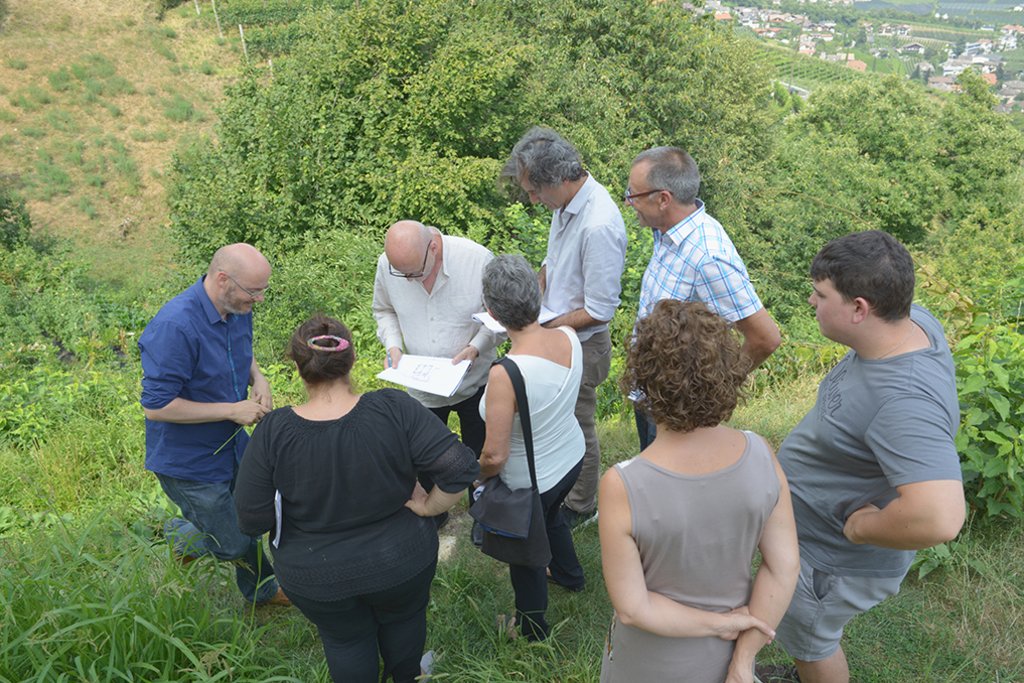 © Nicolò Di Giovanni
© Nicolò Di Giovanni
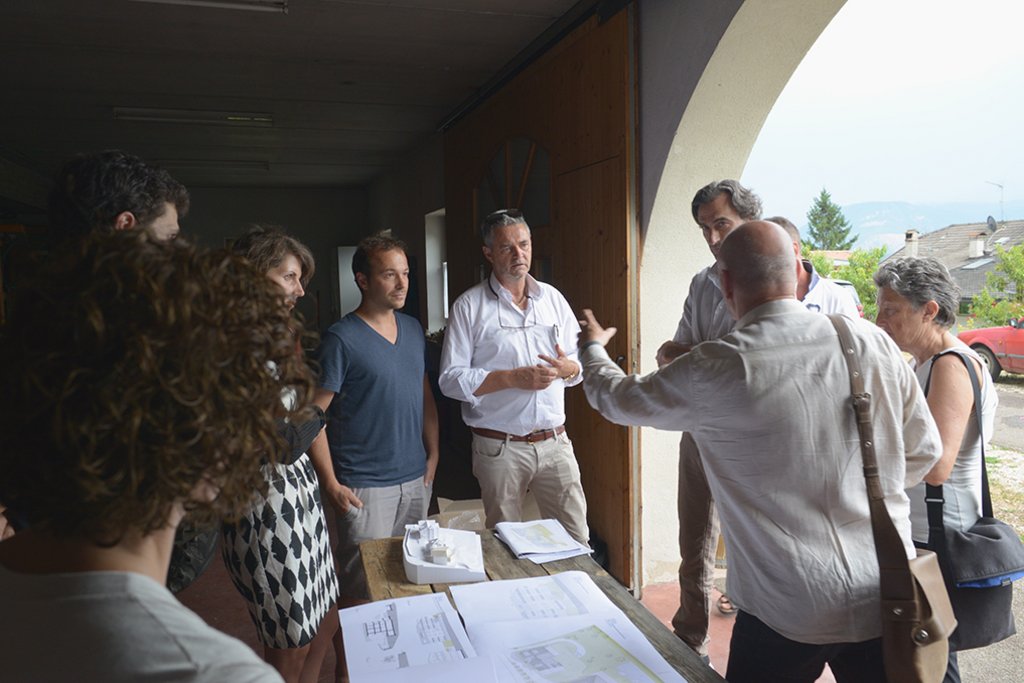 © Nicolò Di Giovanni
© Nicolò Di Giovanni
The autonomous province of Bolzano in South Tyrol covers a land area of 7,400 km2 and has a population of around 500,000 people, of which around 60% are native speakers of German, 30% are native speakers of Italian, and 10% are native speakers of Ladin (local South Tyrolean dialect).
The region is governed at municipal level (116 municipalities) and at state level. Every municipality has a building master plan and a landscape plan in the same scale and these are implemented as a tool to steer landscape development.
Building projects are assessed at municipal level and decisions concerning them passed by the mayor; this mostly also includes landscape protection powers. Projects that place certain landscapes under protection must be assessed by the regional administration. In 2014, the Office for Landscape Protection dealt with 1,166 projects, of which 448 were then submitted to the Regional Commission for Landscape Protection, 408 were assessed in internal assessments, 288 were reviewed in the interagency conference on environmental matters, and 22 were examined by the environmental advisory board.
In 1997, Provincial Spatial Planning Law No. 13, which still has an impact today, was called to life and at that time it already enabled the framework conditions for long-term local and landscape planning, from which we still profit today (e.g. enclosed courtyard). This is added to by specified protected areas that make up a third of the regional land surface. In the consultancy work of the Department for Nature, Landscape and Regional Development, the Office for Landscape Protection developed a handbook to be used by planners and the municipalities titled “Criteria for Landscape-friendly Building”. This handbook presents an approach towards planning interventions in the landscape that treats the resource nature respectfully and at the same time provides for quality assurance in planning.
In 2006, South Tyrol saw the emergence of the first Provincial Advisory Council for Baukultur and Landscape. Its task is to raise awareness for Baukultur and landscape and to improve the quality of projects. The advisory service is available to municipalities and private building owners free of charge and is provided locally on site. The expert reports drawn up by the Provincial Advisory Council is not binding, but commissioned on a voluntary basis. The responsibility for the spatial and design quality therefore lies largely with the developer and is given support in this respect by the advisory work offered by the Provincial Advisory Council for Baukultur and Landscape as well as by the consultancy provided by the Department for Nature, Landscape and Regional Development. The goal of such advisory services is to draw attention to the relationship between buildings and open spaces by trying to build in a way that is sensitive to the landscape and the locality, by expanding the number of existing buildings, by permitting the new while acknowledging the old, and by preserving the identity of a location.
This project was presented as part of the 2015 Baukultur Workshops in Frankfurt.
| Categories | Participatory culture Planning culture Rural spaces |
